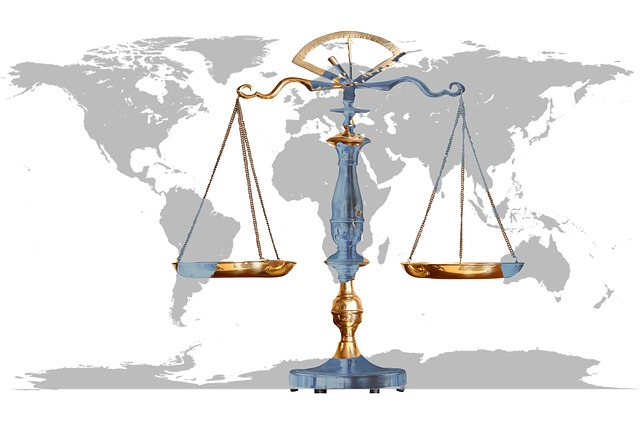The Study: ‘Association of rule of law and health outcomes: an ecological study.’
In a paper published on 29 October 2015 by BMJ Open, Angela Maria Pinzon-Rondon, Amir Attaran, Juan Carlos Botero, and Angela Maria Ruiz-Sternberg report upon a study in which they examined rule of law index scores for 96 countries (derived from the World Justice Project (WJP)) against several key health indicators.
The study appears to be the first of its kind to examine the role of the rule of law on the United Nations (UN) and World Health Organisation (WHO) public health goals using the WJP rule of law index.
What is Meant by the Rule of Law?
Pinzon-Rondon and her colleagues note that the rule of law ‘corresponds roughly to the idea that a society both possesses and observes formal codes or norms that effectively constrain individual, institutional and governmental behaviour.’ They note that definitions of the rule of law may vary, but that generally the core components of the rule of law include:
(1) that governments, individuals and private entities are not above the law;
(2) that the laws are clear, publicised, stable and applied evenly to protect fundamental rights;
(3) that laws are enacted, administered and enforced through accessible, fair and efficient processes and
(4) that justice or dispute resolution is delivered timely to the community.
That is, the rule of law goes beyond simply having laws, and represents the way in which the law is valued, observed and implemented.
Pinzon-Rondon et al. note further that ‘societies that institutionalise and govern themselves by these conditions tend to thrive because they possess a rules-based stability, and avoid self-harm through arbitrary actions such as corruption and violence.’
The Results
Pinzon-Rondon et al. reported an independent association between the rule of law and infant mortality, maternal mortality, cardiovascular disease and diabetes mortality, and life expectancy, after adjusting for the countries’ level of per capita income, their expenditures in health, their level of political and civil freedom, and their Gini measure of inequality and women’s status ( p<0.05). That is, there was a strong positive correlation between the country’s level of adherence to the rule of law and the health of the population.
While not a causal study, Pinzon-Rondon et. al’s results emphasise the importance of law, and the rule of law, to health.
The Study’s Conclusions
The researchers conclude that ‘the rule of law is a foundational determinant of health that underlies other socioeconomic, political and cultural factors that have been associated with health outcomes’. They note that legal codes and structures contribute to a ‘myriad of life-sustaining activities’ including, among other things, the design of health systems, licensing of health professionals, protection of the environment, public health responses to infectious diseases; regulation of drugs and medical devices; reduction of risk factors for such things as alcohol and tobacco; and criminalisation of violent behaviour.
Given the breadth of reach of the law, it is unsurprising that the researchers conclude that ‘the more that a country adheres to the rule of law, the more likely it is to have a healthy population’.
Pinzon-Rondon et al. thus argue:
‘
They further conclude that the rule of law is an ‘undervalued’ and ‘extremely underutilised’ point of intervention for public health improvements, and suggest that the WHO consider the establishment of a Commission on Law and Health, ‘with a mandate to require further evidence and advocate putting law at the service of health’.
Comment:
This is a very interesting study that presents results supporting the position of many health law experts around the world – that is, that the law can positively impact upon people’s health, and is an important tool for disease prevention, health promotion, and how we address and support health issues at all stages of life. Further, the above described study indicates the importance of not just having laws, but also of valuing them, implementing them, and ensuring they are upheld, to ensure improved health outcomes.
Read the full paper: http://bmjopen.bmj.com/content/5/10/e007004.abstract
——————————————-


Leave A Comment